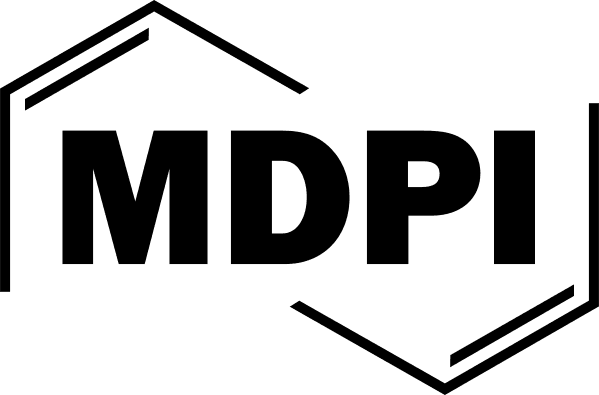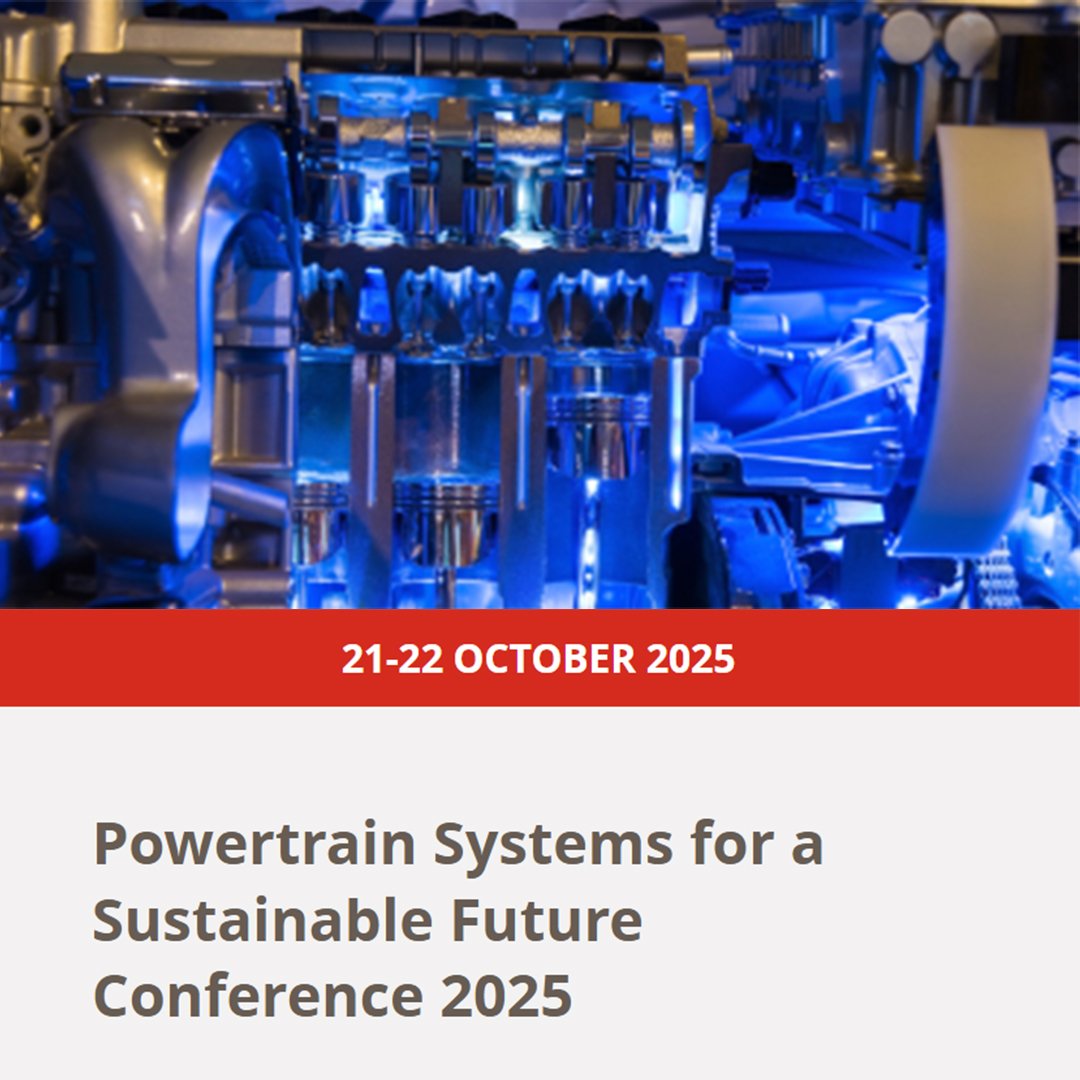
Application of Miller Cycle and Net-Zero Fuel(s) to Diesel Engine: Effect on the Performance and NOx Emissions of a Single-Cylinder Engine


Application of Miller Cycle and Net-Zero Fuel(s) to Diesel Engine: Effect on the Performance and NOx Emissions of a Single-Cylinder Engine
Diesel engines play a very significant role in the automotive industry, but the total emissions of diesel engines are more than 1.8 times that of petrol engines. It is therefore important for diesel engines to control emissions. Theoretically, the Miller cycle can be used to achieve NOx reductions by changing the effective compression ratio, while it has become increasingly popular in recent years with the increasing maturity of current turbocharging technology. Based on Ricardo WAVE software, this paper analyses the NOx emissions and engine performance of diesel engines by modelling and simulating their operation under different loads with two types of Miller cycles (EIVC and LIVC) at different degrees. Simulation of engines operating under different loads allows a more comprehensive study of the effects of the Miller cycle on the engine, and a specific analysis in the context of the actual engine operating environment. The result is that both versions of the Miller cycle are most effective in reducing NOx emissions at 10% load, showing a maximum reduction of 21% for EIVC and 37% for LIVC. However, as the Miller cycle decreases engine power, the paper further investigates the application of turbocharger systems in the EIVC Miller cycle, with results showing a 32% increase in brake power at 10% load and −25% EIVC Miller cycle degree. Both ethanol-fuelled diesel-cycle and Miller cycle engines were also analysed, and a reduction in NOx emissions was observed, as well as hydrogen engine performance and NOx emissions.
Realis Simulation, formerly Ricardo Software.
Our insights


Advancing electric motorcycle innovation through systems simulation
Webinar